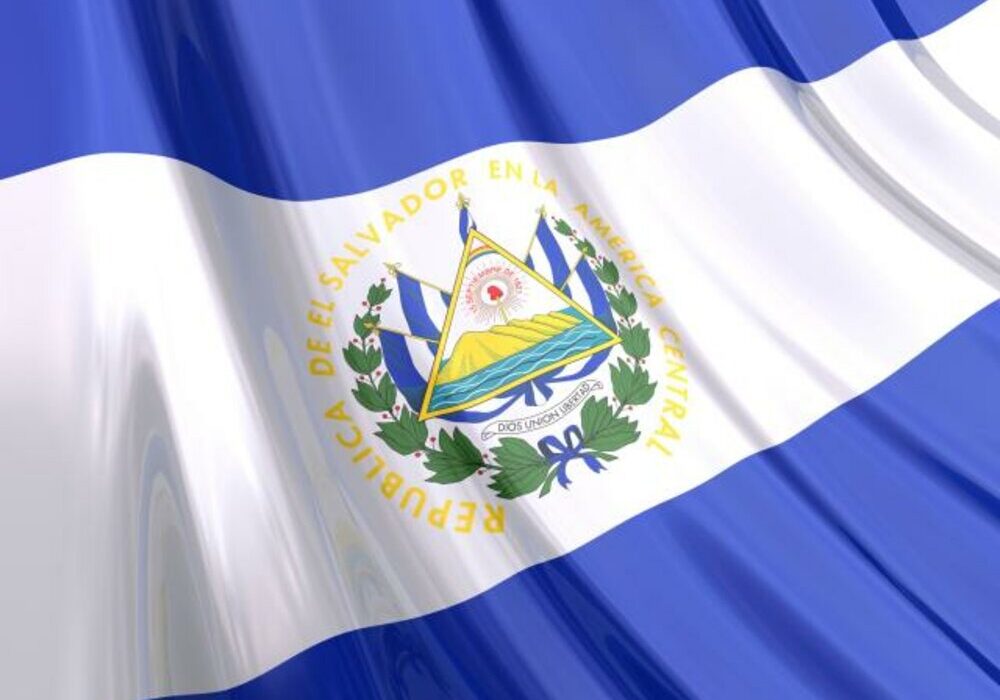Salvadorans gathered before the Legislative Assembly on Thursday to protest the country’s controversial Bitcoin Law, which makes Bitcoin (BTC) an official currency. Despite a three-month prohibition on rallies, leftist unions, student groups, and other organizations united under the banner of the “Block of Resistance and Popular Rebellion” to demand the law’s repeal.
The Protest
Protesters held banners and chanted slogans denouncing the Bitcoin Law, which requires businesses to accept Bitcoin as legal tender. The dissent echoes the sentiment of an estimated 77% of Salvadorans, who believe the law is a flawed and risky move.
Key Concerns:
-
Legal Insecurity and Fraud:
Activist Idalia Zuñiga described the law as:“A law that generates legal insecurity and could use that to defraud users and also facilitate money and asset laundering.”
-
Bitcoin’s Volatility:
Protesters highlighted the potential financial risks for workers earning minimum wage, as Bitcoin’s price fluctuations could drastically impact purchasing power.“You may have $300 in Bitcoin one day and $50 the next,” a protester said, referencing Bitcoin’s sharp decline from its $63,595 April peak to less than half its value today.
-
Lack of Democratic Process:
Protesters criticized the hasty adoption of the Bitcoin Law, seeing it as a reminder of President Nayib Bukele’s growing control over the Salvadoran government.
Global Concerns About Bitcoin
The protesters’ concerns about fraud and money laundering are not unique to El Salvador. Governments and regulators worldwide have cited these issues as reasons to limit or regulate cryptocurrency adoption. The fear of scams and misuse remains a significant obstacle to global crypto acceptance.
Adoption of the Bitcoin Law
The Bitcoin Law was introduced by President Bukele and approved by Congress in less than six hours, bypassing the usual processes of analysis, consultation, and amendment. The law includes a 90-day implementation period, meaning Salvadorans will be required to accept Bitcoin as legal tender by September 2021.
Key Provisions of the Bitcoin Law:
-
Legal Tender:
Bitcoin will be recognized alongside the U.S. dollar as an official currency. -
Mandatory Acceptance:
Businesses are required to accept Bitcoin for goods and services, raising concerns among those unfamiliar with cryptocurrency. -
Government Wallet App:
The government has unveiled a Bitcoin wallet app, Chivo, promising incentives such as $30 worth of BTC for users.
Public Sentiment and Skepticism
Surveys show that a significant majority of Salvadorans oppose the Bitcoin Law, citing:
- Lack of Trust: Limited understanding and skepticism about cryptocurrency.
- Economic Risk: Concerns over Bitcoin’s volatility and its impact on the average citizen.
- Lack of Education: A perceived absence of educational efforts to prepare citizens for the shift to Bitcoin.
Conclusion
The protests in El Salvador highlight the deep divisions and concerns surrounding the country’s decision to adopt Bitcoin as legal tender. While President Bukele touts the move as a step toward financial innovation, critics argue it risks legal, economic, and social instability.
As the September deadline for implementing the Bitcoin Law approaches, the world will be watching closely to see how El Salvador navigates the challenges of becoming the first country to adopt cryptocurrency as an official currency.
For more updates on cryptocurrency adoption and global trends, explore our latest news articles, where we cover the most significant events shaping the future of digital assets.
Disclaimer: The information provided is not trading advice, Bitcoinworld.co.in holds no liability for any investments made based on the information provided on this page. We strongly recommend independent research and/or consultation with a qualified professional before making any investment decisions.

